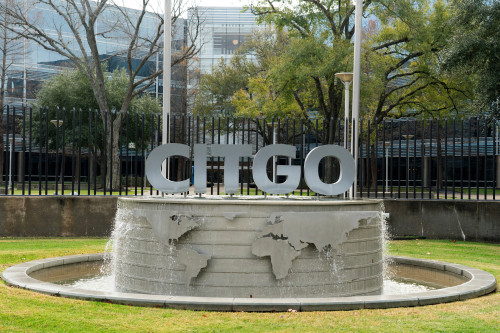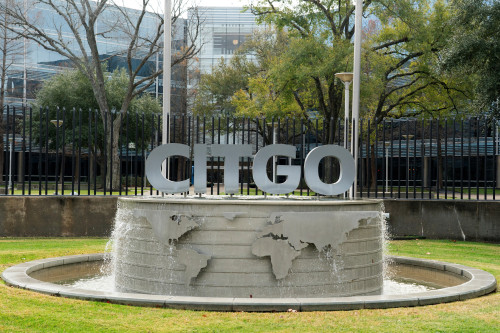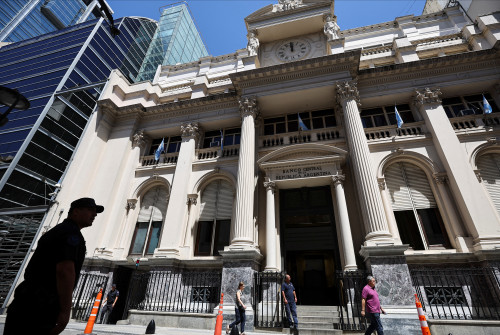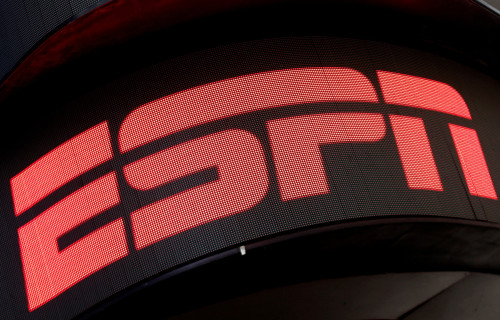By Aishwarya Nair
(Reuters) – Circor International Inc said on Tuesday it would proceed with plans to sell itself to private equity firm KKR & Co Inc in a $1.7 billion deal after snubbing an offer from an unnamed bidder, which sources identified as private equity firm Arcline Investment Management.
Circor, an industrial machinery maker, said KKR had sweetened its all-cash deal from $49 to $51 per share in the wake of a rival bid of $52.65 per share in cash from an unidentified party.
The unidentified offer came from Arcline, which owns Fairbanks Morse Defense, a provider of diesel engines and equipment to the U.S. Navy, people familiar with the matter said. One of Fairbanks’ subsidiaries is Hunt Valve, which competes with Circor in providing valve systems to the Navy.
Representatives for Circor did not respond to requests for comment. Arcline and KKR declined to comment.
Circor said it rejected the higher offer because it concluded there was a risk of a protracted review by antitrust regulators that would jeopardize the deal. It also said the offer did not come with a full equity backstop and would require debt syndication, which added to the risks.
KKR agreed to provide a full equity backstop, meaning that it will fund the deal just with equity from itself and its fund investors if it cannot secure debt financing. It also agreed to a $125 million break-up fee should the deal fail to win regulatory support.
Circor shares ended at $51.49 on Tuesday, above the $51 per share deal clinched with KKR, indicating that some investors believed an even better deal was possible. The company will have to convince a majority of its shareholders to vote for the deal in the coming weeks.
Flow-control products that Circor makes help manage and control liquids and gases using equipment or services such as pumps, valves, compressors and meters.
KKR is no stranger to the sector, having bought Gardner Denver for $3.9 billion in 2013, taking it public in 2017 and merging it with Ingersoll-Rand Inc’s industrial division in 2020 to create a company valued at the time at $15 billion. KKR has since cashed out on that investment.
Mergers that result in the consolidation of supply chains to the U.S. military are scrutinized heavily by U.S. regulators.
Last year, defense contractor Lockheed Martin Corp abandoned a proposed $4.4 billion acquisition of engine maker Aerojet Rocketdyne Holdings Inc after U.S. regulators sued to block it, arguing it would result in higher prices for the government. Aerojet is now trying to convince regulators to let it to sell itself to L3Harris Technologies Inc for $4.7 billion.
(Reporting by Aishwarya Nair in Bengaluru; Additional reporting by David Carnevali in New York; Editing by Vinay Dwivedi, Saumyadeb Chakrabarty and Leslie Adler)





